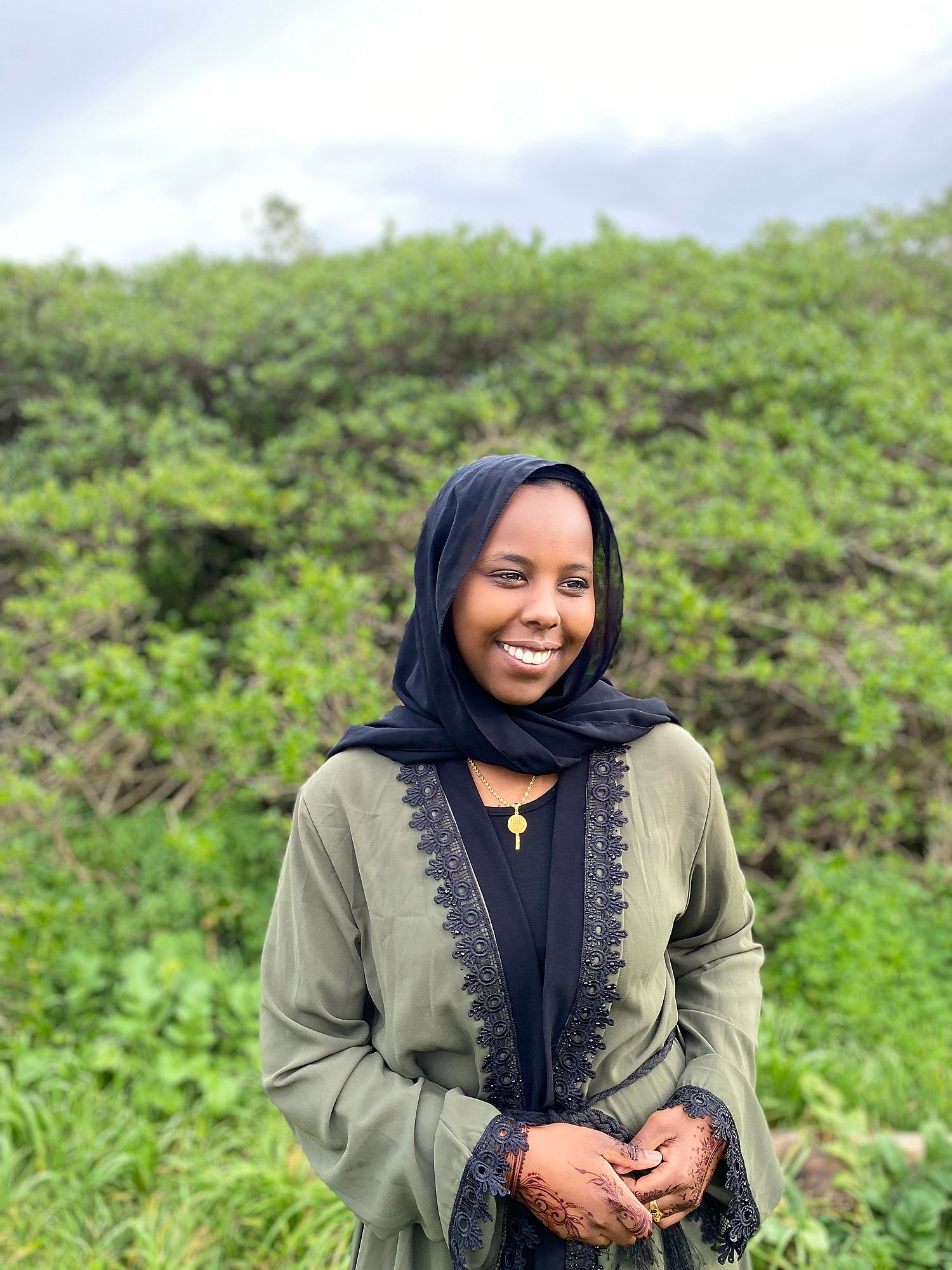Black Lives Still Matter
And we need to keep talking about it.
On 25 May 2020, 42-year old George Floyd was brutally murdered by Minnesota police officer Derek Chauvin, who kneeled on his neck for upwards of eight minutes as George repeatedly begged for his life. This video, circulated all over social media for millions to see, brought the harsh reality of being Black in America to the forefront, demanding that we see for ourselves the brutality, fear and unjust treatment Black Americans face at the hands of police on an almost daily basis.
The uncomfortable conversation about systemic racism and police brutality that disproportionately targets African Americans can no longer be avoided by authorities. Not when millions of people flocked to the streets of major cities in the US and all over the world, demanding change and justice for George Floyd and the many other Black Americans killed unjustly by police. Although the police officers that were involved in the death of George Floyd have been arrested, the work in addressing the wider issue of systemic racism and providing much-needed justice is only just beginning.
New Zealand has a racism problem too. A big one.
As we’ve witnessed, New Zealand, like many other countries, was not immune to the ripple effect that George Floyd’s death caused. In fact, the Black Lives Matter march that took place in Wellington on 26 June 2020 was one of the biggest protests in the city’s history, once again marking the importance of addressing systemic racism right here on our shores. However, this protest also brought its own set of harsh realities: New Zealand has a racism problem too. A big one.
And while it's been almost three months since these protests took place, it is important to remember that the lived reality of African Americans and many other minorities in the US has not faded into the background. The Black Lives Matter protests here may have boiled down to one horrific incident for you, seemingly isolated. A calendar event for the history books. But for Black Americans, experiencing the level of injustice that we saw captured on video is an almost daily occurrence.
Winston Peters spoke out about the Black Lives Matter protests that took place in Auckland on 14 June, declaring his “disgust” at the “woke brigade” who feel the need to “mimic mindless actions imported from overseas.” Although Winston Peters is hardly the face of progressive change in New Zealand, his words speak to the general unwillingness of older New Zealanders to address racism in this country.
According to a study by the Ministry of Health on racial discrimination in New Zealand, “Māori adults were almost three times as likely as non-Māori adults to have experienced any unfair treatment on the basis of ethnicity.” The same report also found that “Maori were 1.5 times more likely” to be victims of physical assault than non-Maori.
New Zealanders must be actively anti-racist
Moreover, campaigns like Racism is No Joke, created in early 2020, was a response to New Zealand’s spike in anti-Asian racism related to Covid-19, bringing to the surface tensions and sentiments that are already deeply rooted in this country’s history.
So this begs the question: What are we doing to address racism?
It certainly isn’t enough to be ‘not racist’. It is not enough to declare support for Black Lives Matter. It is not enough to attend a protest while ignoring the much larger inequalities that exist in this country. It is not enough to breathe a sigh of relief, resting on the fact that minorities are not being shot in broad daylight in our streets. Because a country like the US, founded on the genocide of Indigenous people and the enslavement of African people, is not a metric we can use to measure ourselves and avoid accountability.
New Zealand’s own history with genocide and land theft is continuously left out of the conversation. The picture of utopia that we have painted, believed and regurgitated over and over again is not only false, but damaging to communities that have been victimised. New Zealand's own unwillingness to talk and openly discuss race dynamics and race relations will always be a hurdle to becoming the inclusive and equal society it claims to be.
Instead, New Zealanders must be actively anti-racist, we must refuse to be complicit and we must have uncomfortable conversations to change and address the racial inequalities that exist within our communities. With the BLM movement losing momentum here, what are we continuing to do to show our commitment in creating a more equal and inclusive New Zealand for all of its citizens?
As someone who has many intersecting identities, I do not have the answers, nor am I able to provide an easy solution. The job to end racism and to end general inequality rests on the majority. The work ahead will be difficult, uncomfortable and long, but it is a sacrifice that must be made to create a country we can all feel safe and welcome in. So, how will you put in the work?

